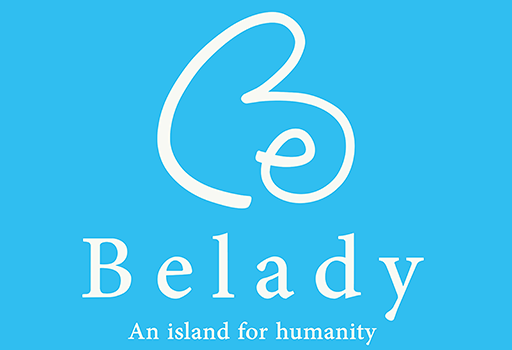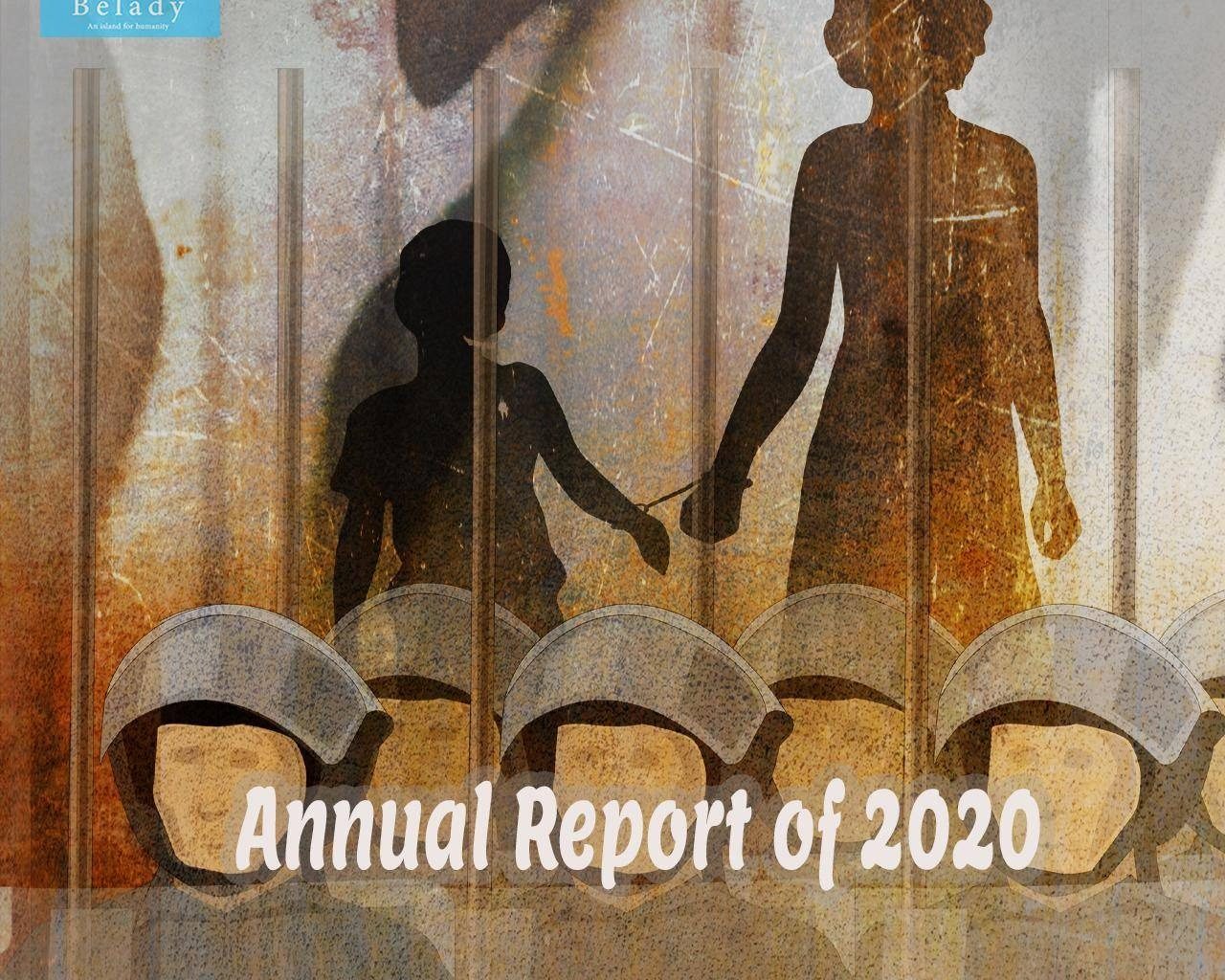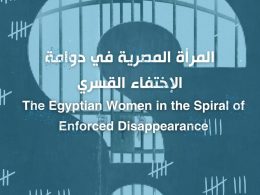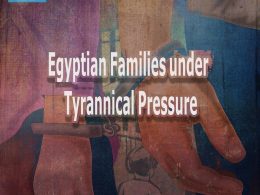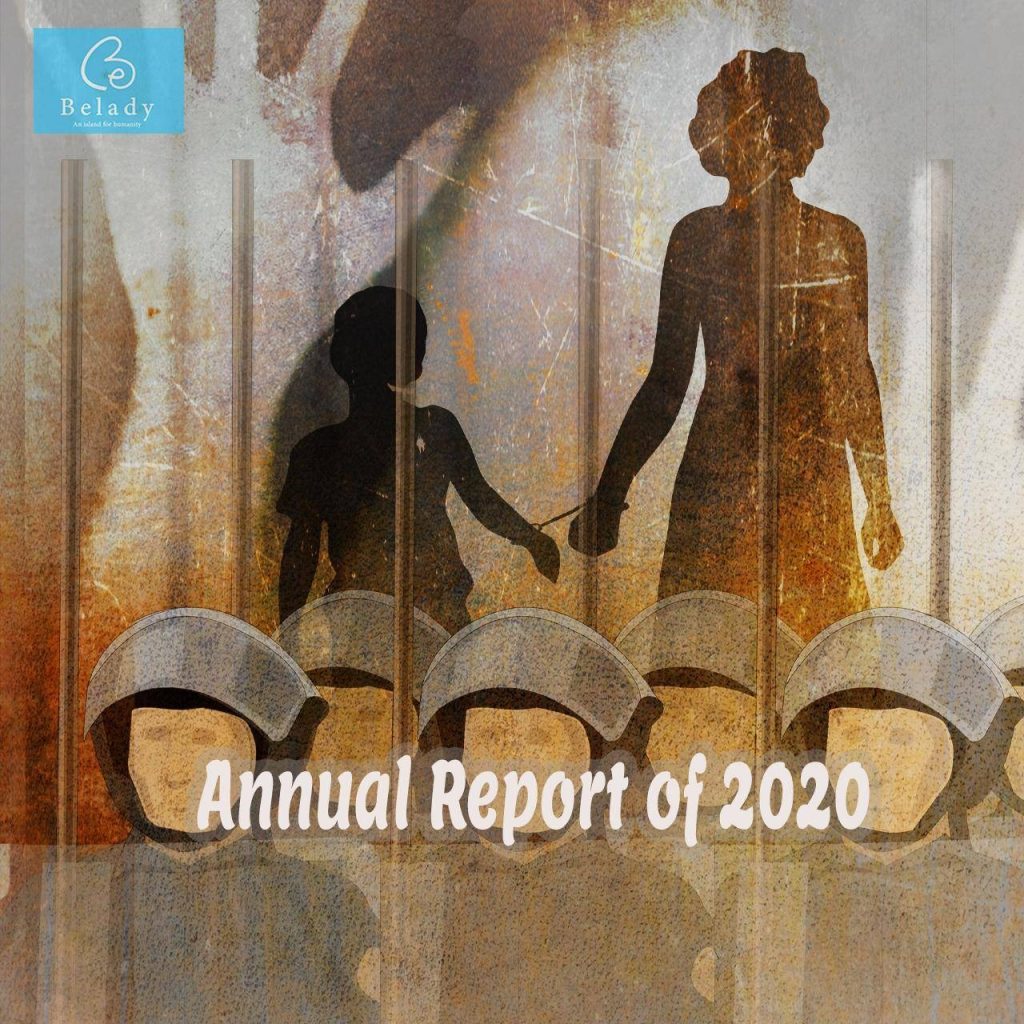
Executive Summary:
In light of the tenth anniversary of the January 25th Egyptian revolution and the seventh year since current president Abd Al-Fattah al-Sisi took office in 2014, Egypt still experiences complete restrictions on individual and public liberties and a shrinking of the civic space. Current authorities have adopted these restrictive measures to prevent repetition of the January 2011 scenario.
In the wake of the July 2013 statement and corresponding political transitions, new authorities escalated the use of violence during street demonstrations. Oppression exercised by authorities has existed in different forms. In addition to excessive use of force on the ground, the Egyptian regime has used the legislative branch as an instrument of repression. For instance, law No. 107 of 2013, known as the Protest Law, led to prosecution of thousands of citizens. There were also Laws No. 94 of 2015, known as the Terrorism Act; No. 175 of 2018; No. 19 of 2020, concerning conditional release (parole); and addition of the Code of Criminal Procedure amendment bill, which might add to the law “an emergency nature.”
These legislative changes have coincided with a remarkable increase in political detainees’ numbers in Egyptian prisons and police stations. Arrest, investigation, and detention procedures have been accompanied by a wave of serious violations of legal and human rights.
As a result of significant increase in numbers of detainees and overcrowding, living standards have deteriorated inside detention facilities, reflecting poorly on health care services. Egyptian prisons and detention facilities have become pathways to a slow death; prisoner’s death and disease rates have drastically increased.
This detailed report reveals methods of arrest observed by the Center’s data collection department in the cases of children and women. The first method adopted by the Egyptian authorities was “arbitrary arrest”, which is divided into two main forms: arrest and release without issuing any written record, and release with a written record. The second is selective arrest”, in which the regime targets a specific group of people, such as the targeting of the “Tik Tok girls” who were arrested successively and systematically under a flawed and controversial law. This method of arrest also includes people on duty, such as female journalists and lawyers. The last method entails arresting entire families, in addition to excessive use of force and breach of law.
This report addresses cases of citizens and oppositionists’ enforced disappearances, use of illegal detention facilities, and physical and psychological abuse carried out by security forces. It also uncovers certain patterns of enforced disappearance, as well as patterns of reappearance of disappeared women and children before the prosecution offices mainly the Supreme State Security Prosecution Office in Cairo.
The report also sheds light on violations to detained children and women, especially amidst various political events in 2020. Most concerningly, Egyptian authorities have exploited COVID-19 containment measures to deprive detainees of their basic rights, such as visitation and health care. We also show how authorities manage healthcare personnel during the COVID-19 pandemic, which can be described as “security” management, as reported.
Hundreds of Egyptian citizens were, arbitrarily and selectively, arrested during the first anniversary of the 20 September 2019 event and the demonstrations sparked by government demolition orders toward buildings constructed on disputed lands.
Finally, our annual report focuses on consistent medical neglect inside Egyptian prisons. For instance, four remand female detainees (Houda Abd al-Moonem, Ala Karadaoui, Aisha Chater, and Aliya Aouad) were subjected to all forms of violations inside official and non-official detention facilities. They were forcibly disappeared for varying durations, deprived illegally of their rights to visitation starting from the first day, neglected medically, held in solitary confinement for varying durations, and charged with another crime while being detained (rotation).
To refer to the full-text article: Annual Report 2020
